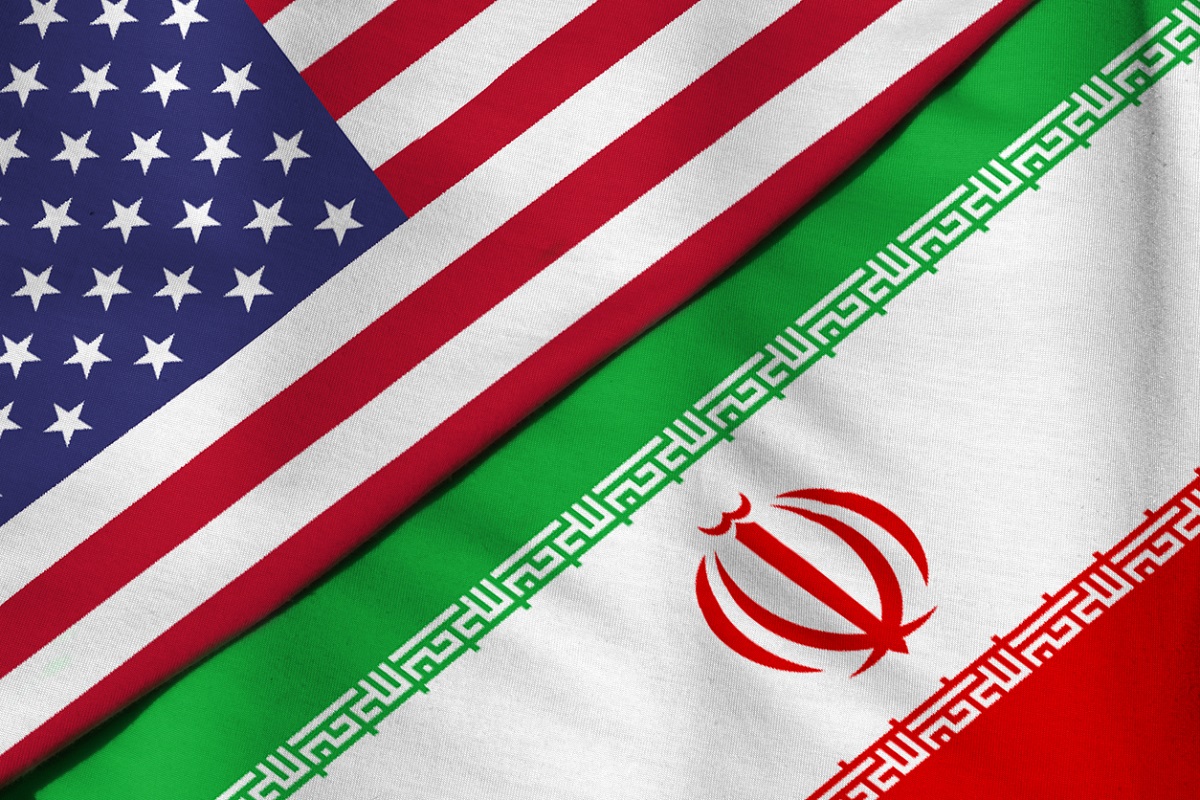There is hope yet in relations between Iran and the United States of America with Friday’s decision by both nations to resume negotiations through intermediaries.
This undoubtedly is a measure of forward movement towards reviving the pact that has been a non-starter ever since Donald Trump pulled America out of the nuclear arrangement, so to speak, in 2018.
Advertisement
The agreement with the Western powers was concluded in 2015 and there has been a stalemate over the past six years.
The resumption of talks, reportedly next week, will hopefully focus on the critical impediments to the United States joining the pact not the least because both Washington and Tehran have insisted that the other side ought to initiate the first move. On closer reflection, both sides have violated the deal ~ the United States through a cache of crippling sanctions and Iran through uranium enrichment, verily the pivot of its nuclear programme.
Given the praxis of geostrategy over the past several years, it is open to question as to which side takes the initial action. While the same dramatis personnae will call the shots in Iran, pre-eminently the Supreme Leader, Ayatollah Ali Khamenei, and President Hasan Rouhani, there has been a critical change of guard in Washington, with Joe Biden replacing Donald Trump at the White House with his Democratic team in the State Department, not to forget the Pentagon.
That change of guard in the US arguably explains why both Washington and Tehran are seemingly eager to get both countries back to an accord that has restrained Iran’s nuclear programme. It bears recall that the watershed accord in 2015 had bound Iran to restrictions on its nuclear programme in return for relief from international sanctions, which have very nearly crippled its economy without upsetting the applecart of governance.
The State Department spokesman, Ned Price, has called the resumption of negotiations next Tuesday in Vienna as “a healthy step forward’’. Yet he hastened to add that “these remain early days and we don’t anticipate an immediate breakthrough as there will be difficult discussions ahead”. The outlook is uncertain as the agenda is yet to be worked out.
When President Trump had pulled the US out of the agreement in 2015, he had opted for what he called a “maximum pressure” campaign of stepped up US sanctions and other tough actions. Iran responded by intensifying its uranium enrichment and building of centrifuges.
It insisted that its nuclear programme was for civilian purposes and not military. The European Union has helped broker a “virtual meeting” of officials from Britain, China, France, Germany, Russia, and Iran ~ countries that have not jettisoned the agreement, known as the Joint Comprehensive Plan of Action. An eventual forward movement on the part of Joe Biden, Hasan Rouhani, and Ayatollah Khamenei will rank as a major agreement in international relations.









